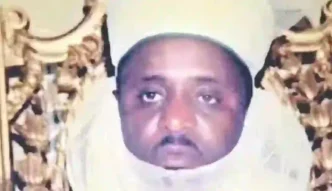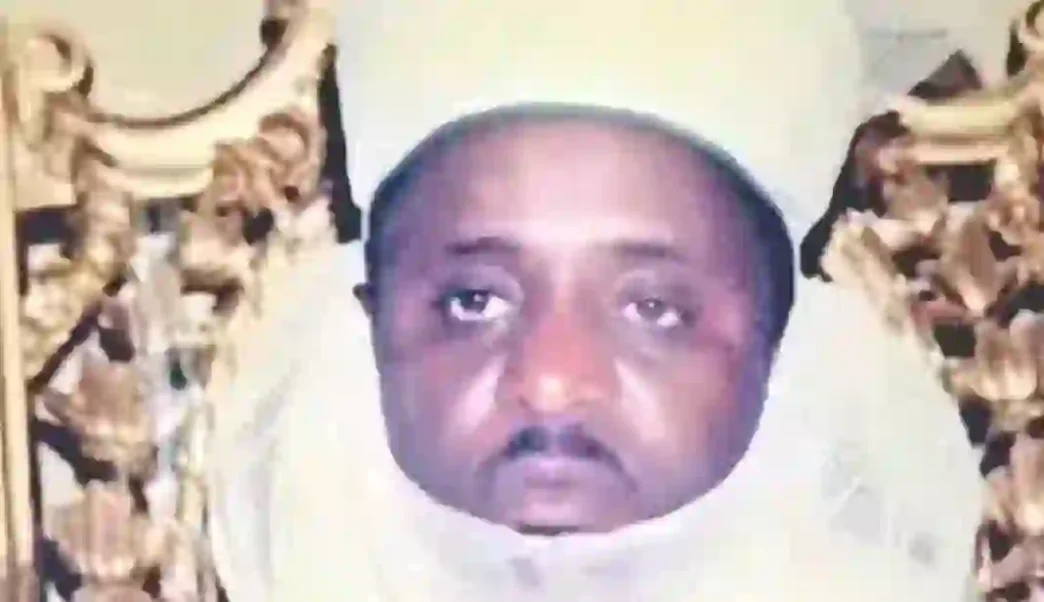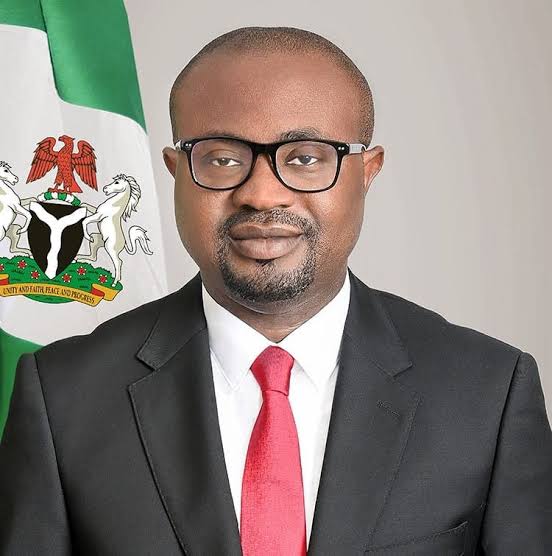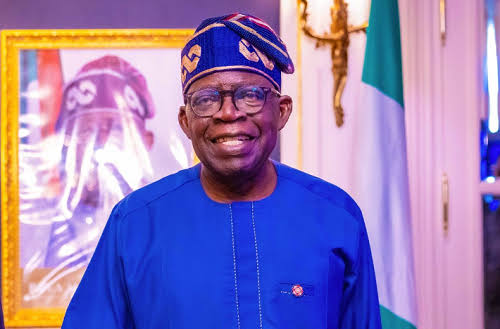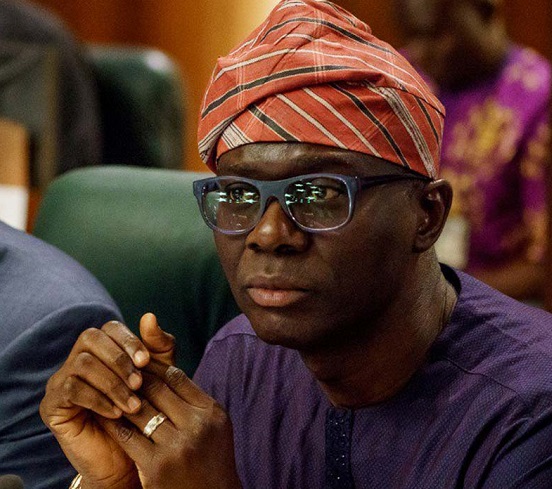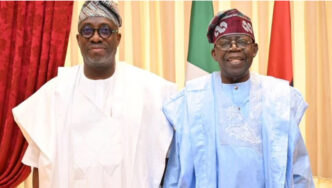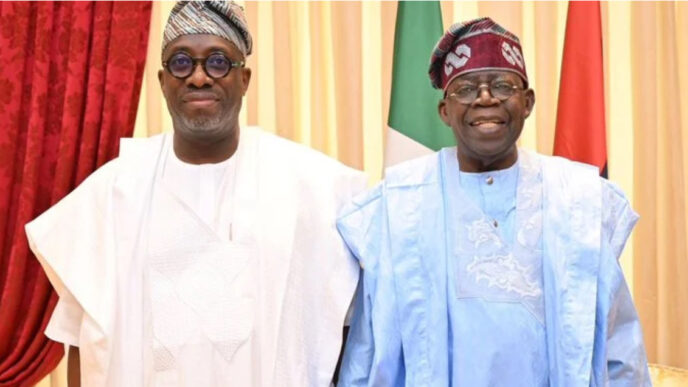Jokolo poured twenty years of frustration into a single piece. He was not merely poetic; he was polemical, fierce in his curses, vehement in his swearing, and unrestrained in his language. The dethroned monarch invoked divine wrath upon anyone he believed had a hand in thwarting his ambitions or, more broadly, in what he deemed a grave miscarriage of justice. A brother described his tirade as “unroyal.” Yet, it’s worth noting that Jokolo once served in the barracks, where such taboo language was (and still remains) commonplace—long before he swapped military khaki and beret for a turban and royal regalia.
At present, Jokolo is seething. His ire is directed at the judiciary and certain members of the political élite. He is particularly incensed with the Senior Advocates of Nigeria, whom he regards as defeated in his view by his inexperienced lawyers, only to see their victory dissipate at the crucial moment. While Jokolo, a layman in legal terms, may be excused for such sentiments, it is instructive to draw his attention to a crucial matter he might have overlooked—a matter that could have been determinative had it been raised earlier in the case.
The so-called finesse displayed by his counsel in the High Court and Court of Appeal—劃e success they achieved before the final judgment of the Supreme Court—may have been achieved without fully grappling with an issue that ultimately proved fatal to his case. The Supreme Court’s decision to dismiss Jokolo’s challenge was hinged on a jurisdictional point that had not been raised at the lower courts. It was first brought up at the apex court, marking the first time Jokolo’s legal team confronted this claim. The lead Senior Advocate representing the Kebbi State Governor, the Kebbi State Council of Chiefs, the Gwandu Emirate Council, and the Kingmakers, was not involved from the outset. Moreover, this jurisdictional issue—the very basis for the Court’s ultimate decision—had not been addressed in the prior proceedings. It was a new point, introduced solely at the Supreme Court, and raised by the Senior Advocate as a defence that their earlier triumphs did not consider.
Jokolo appears not to have recognised the significance of this issue, which has now been validated as a potent legal ground. The critical question is: could this matter have been resolved much earlier if it had been properly raised at the inception of the case? Evidently, yes. Substantive jurisdictional issues such as this, when properly identified and substantiated early, often determine the fate of a case—something that might have saved Jokolo’s case from eventual collapse.
This issue was raised only at the Supreme Court, and it’s painfully clear that his counsel was unprepared to counter it. Instead of fixating on victories that are now nullified, Jokolo should consider the quality of what was genuinely presented at the Supreme Court. The majority decision was consistent with previous rulings in cases with similar facts, reflecting a well-established legal principle. This should give Jokolo reason to view the justices and the Senior Advocates differently, other than through the lens of divine wrath. It’s worth remembering that God shows no favouritism.
Furthermore, the lead Senior Advocate for Kebbi State, whose name, when translated literally, means “someone good,” embodies this virtue—bringing grace and integrity to his work, with a profound reliance on divine guidance.
Anyone alleging a breach of statutory provisions must meet the procedural conditions stipulated by law to initiate legal action. Jokolo seems confident that some will suffer dire consequences, while others will quietly disappear, like rats in a church. Yet, he should be wary of the consequences that might befall him—those who could list him among those who might soon face retribution.
Fatima Abba writes from Abuja, Nigeria.
Gatekeepers News is not liable for opinions expressed in this article, they’re strictly the writer’s

